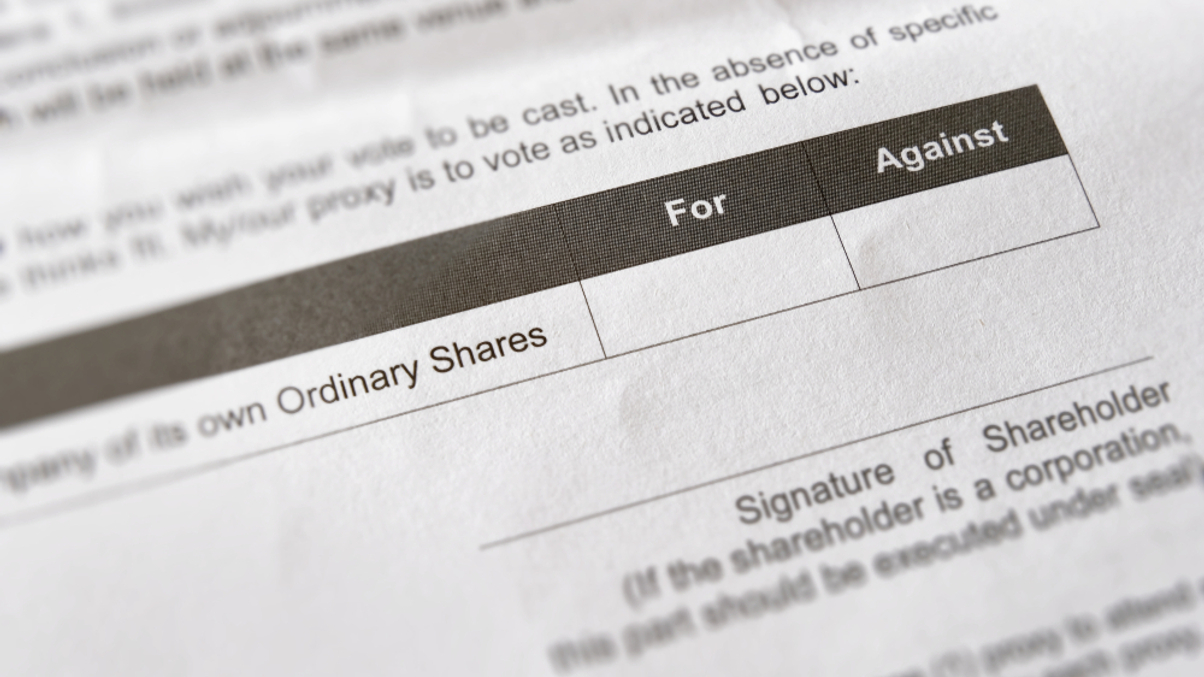ESG engagement pressure on Asia asset owners builds as managers retreat
Support by the world’s leading investment managers on ESG votes tabled by APAC shareholders is waning, which is piling pressure on other institutional investors to take the lead.

Engagement by the world’s leading investment managers with shareholder-led environment, social and governance (ESG) issues in the Asia-Pacific is waning, according to recent data published by BlackRock and Vanguard.
Sign in to read on!
Registered users get 2 free articles in 30 days.
Subscribers have full unlimited access to AsianInvestor
Not signed up? New users get 2 free articles per month, plus a 7-day unlimited free trial.
¬ Haymarket Media Limited. All rights reserved.


